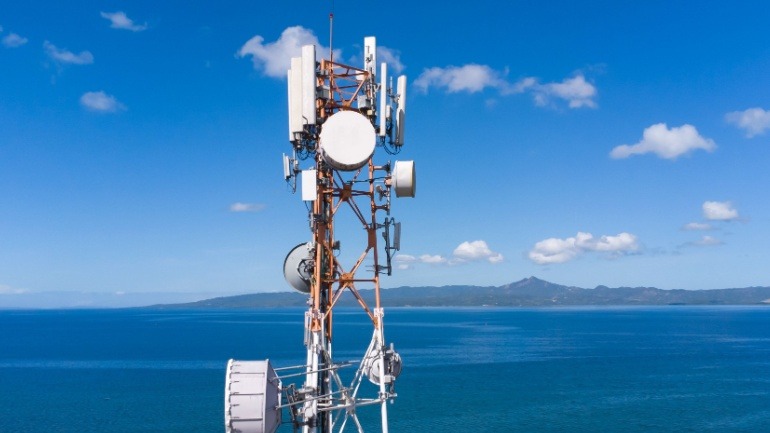Portuguese telecom operator Nos has announced its readiness to deploy services on a fresh 5G standalone infrastructure. This landmark statement was made as the company celebrated its second-year anniversary of introducing 5G services in Portugal, a venture reporting commendable success. Notably, Nos proudly acknowledged the prospective contributions of 5G SA, such as ultra-low latency applications, network slicing, among others, even though the operational status of the new SA core is open to question.
This declaration holds significance for the fact that it illustrates a definite progress in the 5G SA department within the telecom industry. Despite this progress being slower than anticipated, recent data from Dell’Oro on global mobile core market substantiates the ongoing challenge. The third quarter of this year saw the sector’s sluggish growth rate in almost six years, influenced by a troublesome macroeconomic environment, the increasing cost of capital, and the stagnant growth in the 5G SA sector.
The seven 5G SA network launches in 2023, a significant dip from 17 in 2022 further solidifies this stagnancy. However, Nos’s declaration might enhance this figure, signifying a meaningful contribution albeit minor in scale.
Nos collaborated with Nokia for the installation of its 5G data core and signaling, while Ericsson undertook the responsibility of the voice elements. The first data session over the network was conducted successfully on September 7.
Looking forth, Nos anticipates a surge in the services that would gain from the ultra-low latency guaranteed by 5G SA. The potential for guaranteed quality of service courtesy of network slicing, private networks, and the feasibility for new IoT applications, coupled with mission-critical areas like autonomous driving and remote control of machinery, is set to increase.
To date, Nos has invested €420 million in 5G networks and is committed to investing an additional €110 million in the forthcoming years. It boasts of the most extensive 5G coverage in Portugal, with over 4,200 base stations making the technology available to 93% of the total population.
Moreover, one in four of its customers uses a 5G device and a whopping 84% are regular 5G users. A fair prediction by the company suggests this will quickly multiply, considering 76% of the smartphones it currently sells are 5G devices. Topping this, the company also has over 500 5G IoT deals with companies, primarily from sectors like healthcare and retail.
Overall, while the announcement was focused to celebrate two years of 5G for Nos, it does clearly underline the significant strides made by the company in the 5G SA industry. Consequently, this achievement not only benefits Nos but also contributes positively to the wider industry.







